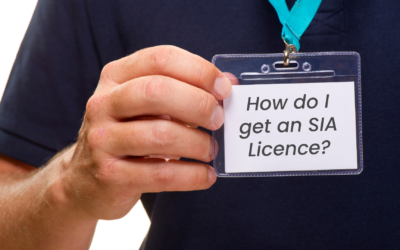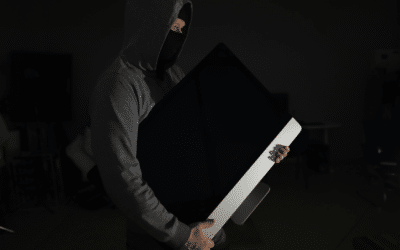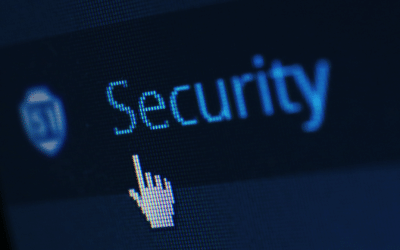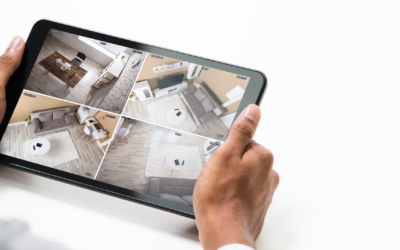How Burglars Use Social Media to Target Homes
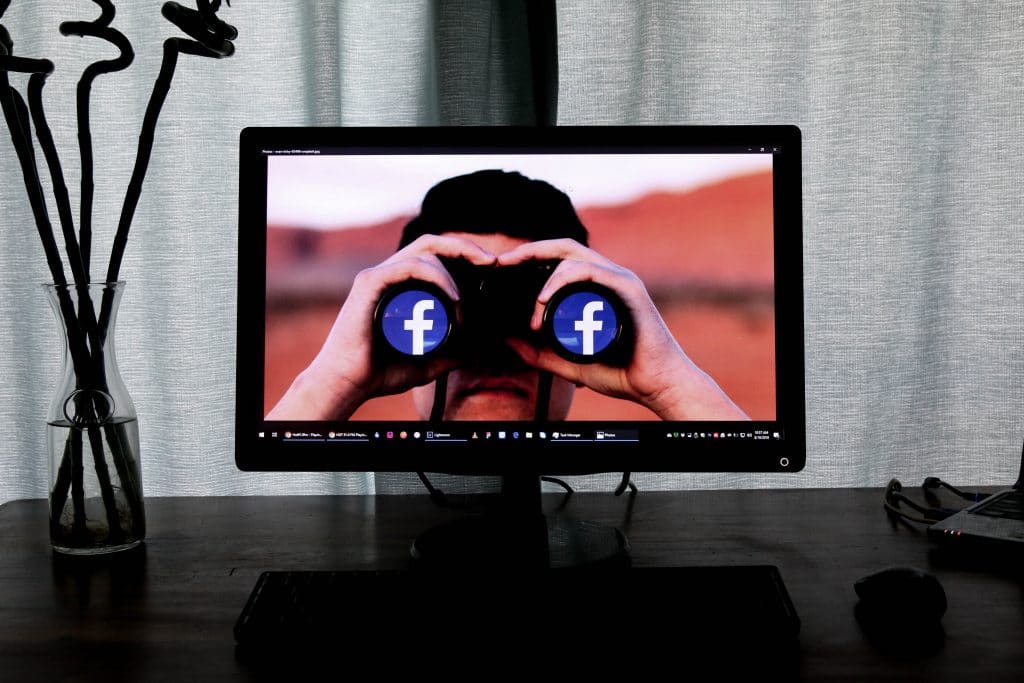
Burglars will use any tool possible to guide their efforts to strip your personal belongings. In many respects, business premises are easier to protect, with security measures such as advanced burglar alarms, CCTV surveillance systems and designated keyholders available.
A standard burglar alarm isn’t always enough to deter seasoned thieves from any home. Still, your property will be less attractive as a target if your routine isn’t public knowledge, and your rooms are assumed occupied. Often, you’ll post updates on social media that could be a key indicator to your house being empty without even realising! Protect your belongings and your property by reading our compilation of useful tips to help you guard your details online.
Ensure your accounts are private
One of the most straightforward measures to put in place to limit access to your personal information is to set your social media accounts to private. Only friends and followers that you approve will then be able to see your updates, view your location and trawl through your photographs. Anybody can stalk a public account on Facebook or Instagram with no noticeable trace, and you will have little knowledge as to who has seen your updates.
A thief will struggle to effectively impersonate a friend or family member to gain access to your social media, and often they will decide that level of dedication isn’t worth it. An easier job feels more worthwhile for its efforts and is more appealing. On the rare occasion that you do receive a follow or friend request from a fake account, with some vigilance they are easy to spot and remove.
You are in complete control of your privacy settings, and always within your right to block any account with activity you find suspicious.
Be cautious with photographs
Even with a private account, photographs can be screenshot and shared further than you can track. If a friend decides to repost an image of your house, potential burglars will have a better idea as to your property’s floor plan for a quick sweep. Something as small as a calendar being visible in the back of your picture can also give a good indication as to when your house will be free. Flaunting expensive gifts, cars and belongings on photographs is also a poor idea, as you’re essentially advertising what would be up for grabs in the event of a robbery.
Talking with close friends to encourage them to maintain your privacy is completely reasonable. You can politely ask for shared photographs that you didn’t want to be made public to be removed, and even educate your loved ones to protect themselves along the way. A burglar could easily visit your friend’s public profile to see your whereabouts, meaning you’re both at risk of robbery. The risk is even higher if you’re on holiday and your friend has detailed the trip online by uploading pictures of tickets or booking confirmation, as potential burglars will know exactly how long your house is unoccupied for. The insurance specialist Admiral revealed that one burglar out of every four tags their target’s location when they travel.
Beware of ‘location services’
Even if you’re incredibly cautious about what you allow to be photographed within your home, your smartphone can embed location data into every image it takes. If that image manages to make its way to any public profile, it can be displayed in Google search results. Burglars can use the geotag within your images to track your movement, or to find out where you live – even if that information isn’t readily available anywhere else.
Properly protecting your property with visible security measures like motion lighting and burglar alarms makes your house significantly less attractive as a prospect, should a potential burglar manage to search your home up on Google maps. The same rules should be upheld for business premises, as a clear alarm system with round-the-clock monitoring is a great deterrent even though your building isn’t occupied overnight.
In a digital age, you must consider your safety and security before you share anything online. Wanting to share the highlights of your personal and business life is understandable, but make sure to do so carefully, or on a private account to your trusted circle of friends.


